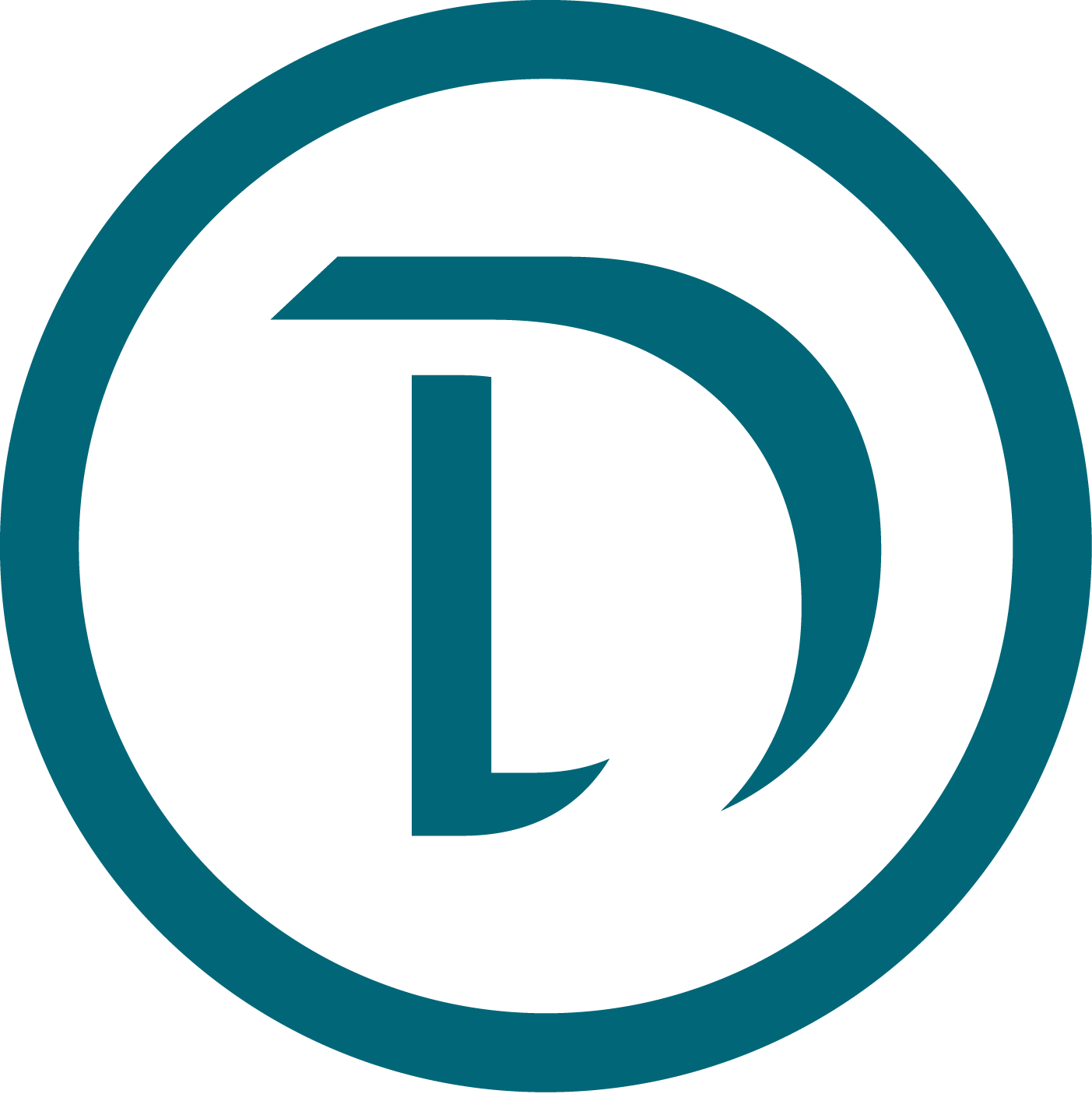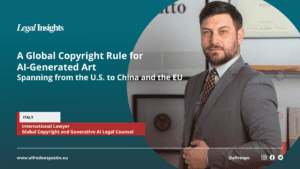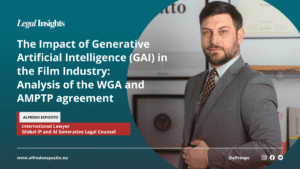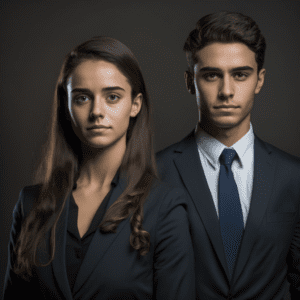
In the digital era where artificial intelligence and machine learning are rapidly evolving, the lines between human and machine are becoming increasingly blurred. This phenomenon was brought into stark relief recently when Scarlett Johansson found herself at the center of a controversy involving OpenAI’s latest chatbot, ChatGPT 4.0, and a synthetic voice strikingly similar to her own.
The Incident
Last September, Sam Altman, CEO of OpenAI, extended an offer to Scarlett Johansson to voice the current ChatGPT 4o system. He believed that her voice could bridge the gap between tech companies and creatives, making the public more comfortable with the increasing integration of AI in daily life. Johansson, after careful consideration and for personal reasons, declined the offer.
Fast forward nine months, and Johansson, along with her friends, family, and the general public, noticed an uncanny resemblance between her voice and the synthetic voice named “Sky” used in the latest ChatGPT demo. This similarity was so pronounced that it sparked disbelief and outrage among those familiar with her distinctive vocal characteristics.

The Reaction
Upon hearing the demo, Johansson was shocked and angered by the striking similarity. Mr. Altman exacerbated the situation by tweeting a single word, “her,” a clear reference to the 2013 film “Her,” in which Johansson voices an AI system that forms an intimate relationship with a human.
This tweet insinuated that the similarity between Johansson’s voice and Sky was intentional, adding fuel to the fire.
Two days before the ChatGPT 4o demo was released, Altman contacted Johansson’s agent, asking her to reconsider the offer. However, the demo was released before any further discussions could take place.

Legal and Ethical Implications
Johansson was forced to hire legal counsel, who wrote to Altman and OpenAI, demanding an explanation and the cessation of the use of Sky’s voice. OpenAI reluctantly agreed to take down the voice after receiving two letters from Johansson’s lawyers. The company maintained that the voice was not derived from Johansson’s but was instead from a different professional actress.
From a legal standpoint, protecting a voice is more complicated than protecting an image. There is no specific copyright for a voice, which creates a legal grey area. One of the few instances of voice protection involved Vatican City’s legislation after a remix of a speech by Pope John Paul II. This led to the creation of a law specifically protecting the Pope’s voice, emphasizing the complexity and rarity of such legal protections.
The Broader Context
The controversy over Scarlett Johansson’s voice touches on broader societal issues related to AI and deepfakes. As technology advances, the potential for misuse increases, leading to questions about individual rights and the protection of one’s likeness and identity. Johansson’s case highlights the need for clear legislation to address these challenges.
In response to the backlash, OpenAI acknowledged the concerns and paused the use of the Sky voice. Altman expressed regret over the poor communication and reiterated that the voice actor behind Sky was chosen before any outreach to Johansson.
Moving Forward
When it comes to training generative AI, it’s necessary to delve deeper because the traditional tools for copyright protection might not apply. It’s crucial to assess the purpose of the usage. In the specific case of Scarlett Johansson, if it were determined that her voice was used without a specific agreement, the issue could extend beyond copyright to potential compensation claims. This principle could also be considered for other software, apps, or models that use voices of similar-sounding individuals, often promoting names and surnames without authorization.
Johansson’s experience underscores the urgent need for transparency and proper legislation in the realm of AI and synthetic voices. As AI becomes more integrated into everyday life, it is crucial to establish clear guidelines to protect individuals from unauthorized use of their likenesses, whether visual or vocal. In her statement, Johansson emphasized the importance of resolving these issues with transparency and appropriate legislation. She highlighted the growing concerns about deepfakes and the need to protect individual identities in the digital age.
Conclusion
The incident involving Scarlett Johansson and OpenAI’s ChatGPT 4.0 serves as a wake-up call for the tech industry and lawmakers alike. It highlights the ethical and legal complexities of AI and synthetic voices and underscores the necessity for robust protections to ensure that individuals’ rights are not infringed upon in the pursuit of technological advancement.
As AI continues to evolve and it is imperative that society navigates these challenges with care, ensuring that the benefits of AI do not come at the cost of individual autonomy and identity.
Avv. Alfredo Esposito



